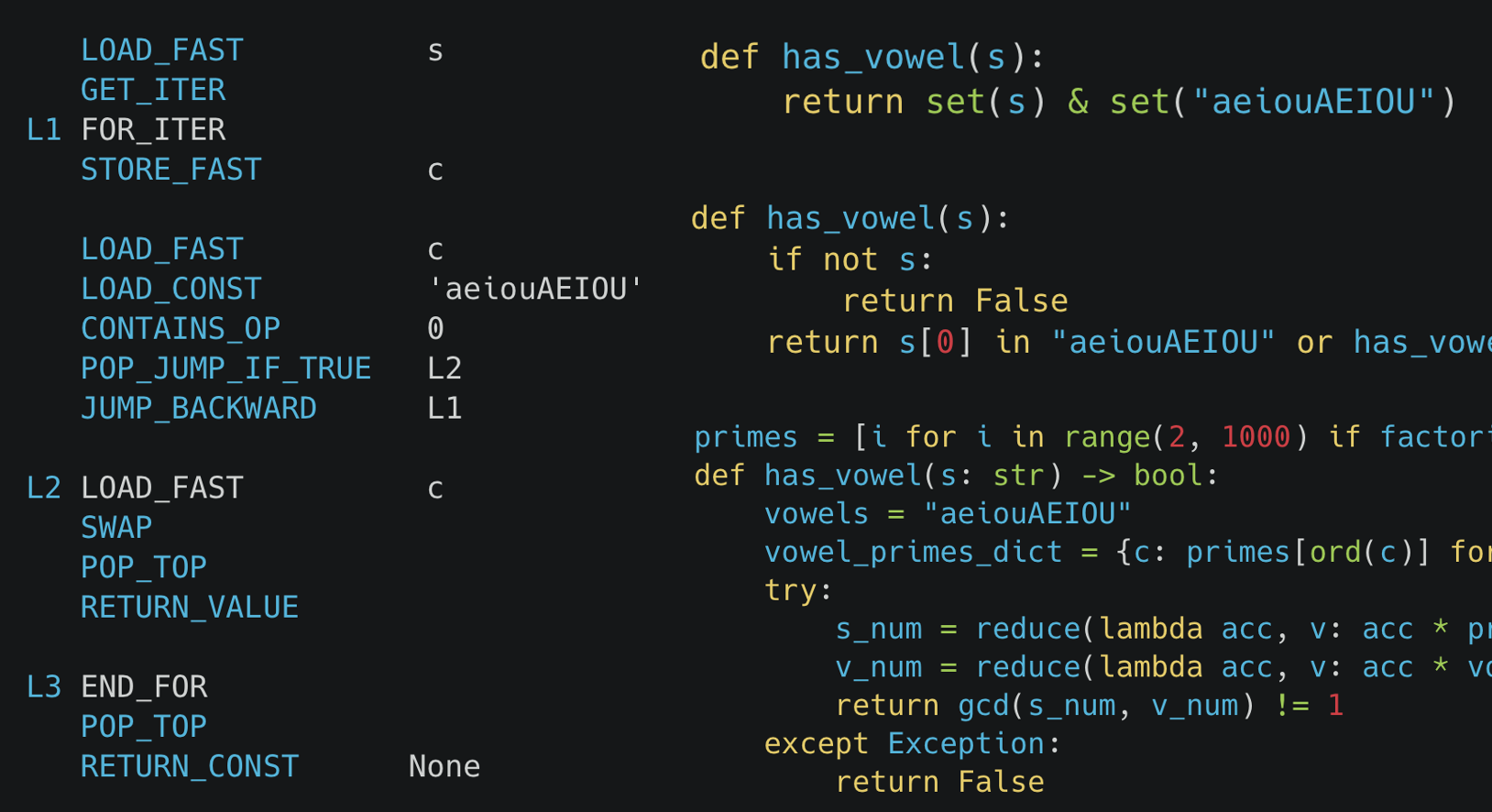From SQL Server to Key-Value Stores: A Postmortem of a Database Rewrite Gone Wrong
A senior developer recounts their experience with a database rewrite at a previous company. The original system, using SQL Server, suffered from performance bottlenecks and frequent outages due to complex stored procedures. The rewrite opted for simple key-value stores, but due to data model mismatch and lack of transaction support, I/O operations skyrocketed, performance worsened, and a complex checkpointing system was introduced. The rewrite ultimately failed to solve the original problems and created new challenges. This humorous account reflects on the importance of technology selection and architectural design, and the negative impact of oversimplification.









